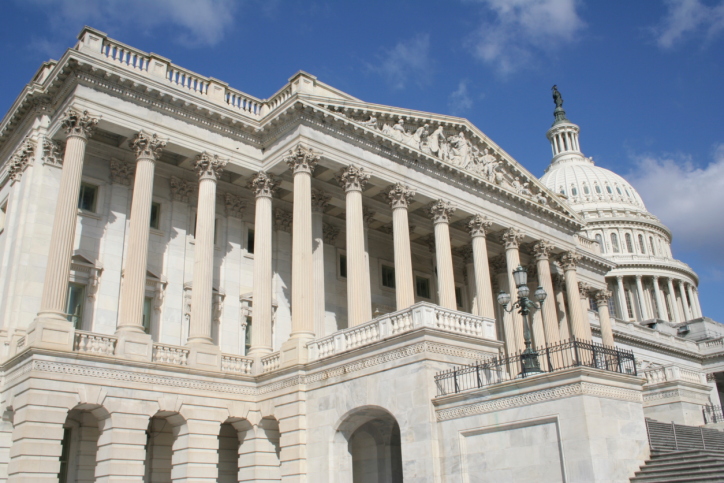 A group of seven Republican senators is urging the Senate Majority Leader to act on one of the most consequential pieces of retirement security legislation in more than a decade.
A group of seven Republican senators is urging the Senate Majority Leader to act on one of the most consequential pieces of retirement security legislation in more than a decade.
“We encourage the Senate to take action on the SECURE Act as soon as possible. Doing so would demonstrate to our constituents that the Senate can lead in a bipartisan way for workers saving for retirement, for tax fairness, and for family financial security,” says the Oct. 15 letter from Sens. Tim Scott (R-SC), Rob Portman (R-OH), Thom Tillis (R-NC), Martha McSally (R-AZ), Cory Gardner (R-CO), Joni Ernst (R-IA) and Susan Collins (R-ME).
Addressed to Senate Majority Leader Mitch McConnell (R-KY), the seven senators emphasize that the bipartisan legislation would expand access to retirement plans for millions of Americans, especially those working for small businesses, as well as allow older workers and retirees to contribute more to their retirement accounts and increase coverage to part-time employees.
The SECURE Act (H.R. 1994) was approved by the House of Representatives in May by a vote of 417-3, but it has been held up in the Senate ever since over objections unrelated to retirement policy.
The SECURE Act would:
- increase the tax credit for new plans from the current cap of $500 to $5,000;
- allow small employers that implement an automatic enrollment feature in their retirement plan design to be eligible for an additional $500 credit;
- ease the existing rules restricting multiple employer plans (MEPs) to allow two or more unrelated employers to join a pooled employer plan;
- simplify the 401(k) safe harbor rules;
- provide a fiduciary safe harbor for selection of a lifetime income provider; and
- modify the nondiscrimination rules to protect longer-service participants.
The letter coming from these Republican senators certainly increases the likelihood that the SECURE Act will be approved by the Senate and ultimately enacted into law – it’s just a matter of when.
If the legislation does not move on its own under regular procedure – which appears unlikely – many believe it will be attached to a year-end, must-pass funding bill for FY 2020 that serves as the “legislative vehicle” for various policy priorities.
Senate Dems Call for Action on Butch Lewis Act
In the meantime, six Senate Democrats held a press conference on Oct. 16 calling on Senate Majority Leader McConnell to allow a vote on the so-called Butch Lewis Act to address funding problems facing multiemployer pension plans.
Formally named the Rehabilitation for Multiemployer Pensions Act (H.R. 397), the legislation approved by the House in July would create a Treasury agency to issue bond-backed loans to faltering multiemployer plans. The bill, however, has been held up in the Senate and has drawn harsh criticism from Republicans, who characterized it as a taxpayer bailout of union plans.
Participating in the press conference were Sens. Chuck Schumer (D-NY), Debbie Stabenow (D-MI), Sherrod Brown (D-OH), Joe Manchin (D-WV), Patty Murray (D-WA) and Ron Wyden (D-OR), along with several union members. The group warns that the pension crisis threatens the retirement of 1.5 million workers and retirees, with numerous multiemployer-pension plans currently on the brink of defaulting and having to cut benefits if nothing is done, potentially putting the Pension Benefit Guaranty Corporation (PBGC) on the hook.
PBGC Director Gordon Hartogensis has acknowledged that he believes these plans are in crisis and has called on Congress to enact a long-term, sustainable solution, but he has not committed to supporting the House-passed bill. “Only bipartisan compromises have a chance of succeeding and it is time to renew such bipartisan efforts to find serious solutions,” Hartogensis stated following passage of the House bill and upon introduction of a similar Senate bill.

